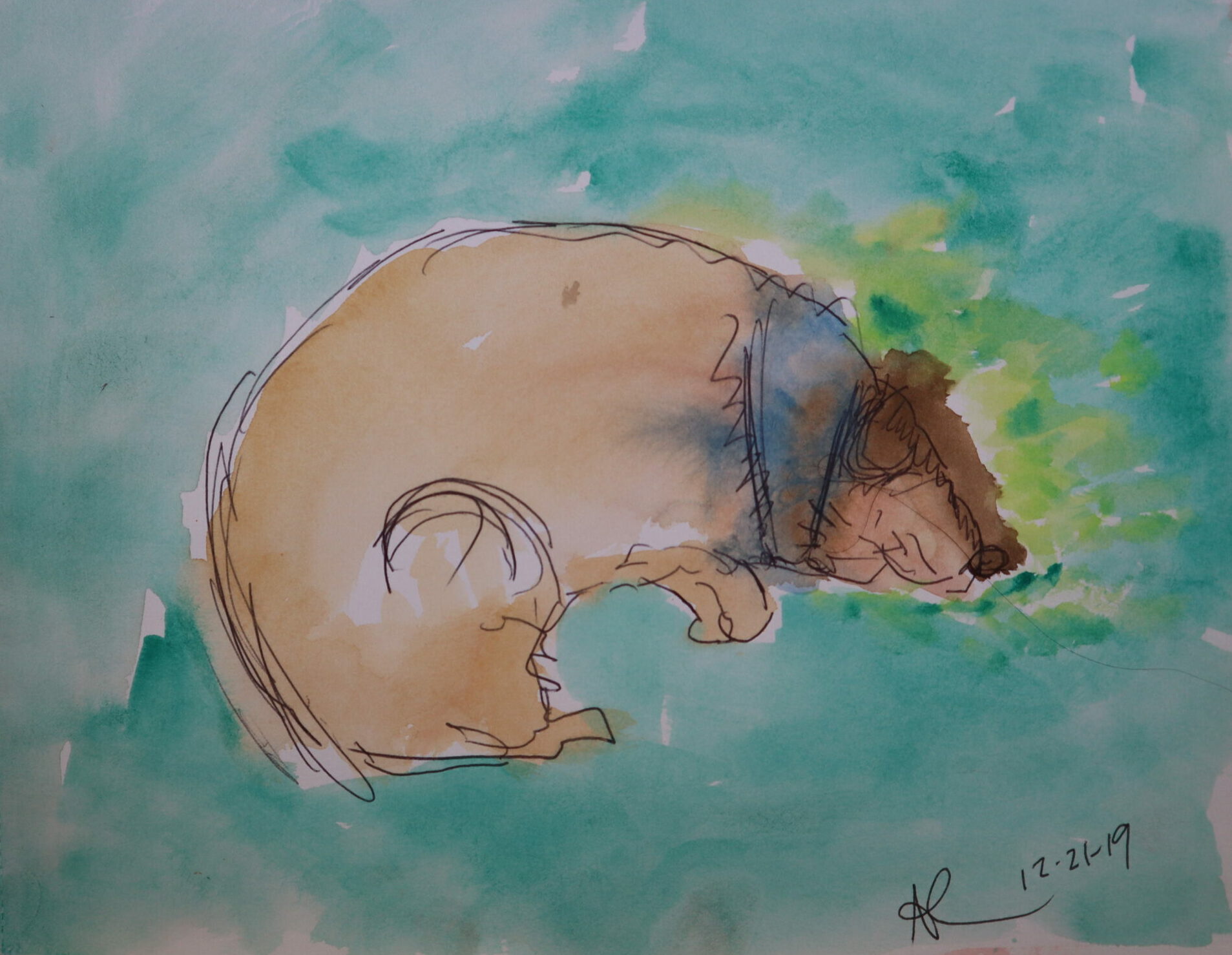Anticipatory Grief: The Unacknowledged Pain

Do you ever feel deep grief over a loss before it has even happened? You may feel at odds with these emotion, but I want to assure you that your feelings are normal and even commonplace. Grief is often associated with loss, but what about the pain we experience before the loss occurs? Anticipatory grief is a common yet unacknowledged phenomenon that can be just as debilitating as the grief we experience after a loss.
What is Anticipatory Grief?
Anticipatory grief is a common yet often misunderstood experience that occurs when we expect the loss of a loved one or a significant change in our lives. This experience, known as “anticipatory grief,” was first identified by Erich Lindemann in 1944, yet it remains a largely unrecognized phenomenon. This type of grief can affect anyone who anticipates a loss, whether it’s the impending death of a spouse, parent, child, or even a beloved pet. Unlike traditional grief, which happens after a loss, anticipatory grief begins while the person or situation is still present, leading to a complex mix of emotions that can be challenging to navigate.
My Personal Experience of Loss Before the Loss
I vividly remember the anticipatory grief I experienced when my therapy dog, Forrest, was nearing the end of his life. Forrest had been my faithful companion and partner in my work at the trauma clinic for many years—13 years in my life and often referred to as my “appendage.” As his health began to decline, I felt a deep sense of sadness and loss, even though he was still with me.
I remember both cherishing our remaining time together and dreading the inevitable goodbye. To cope with this, I engaged in waterpainting him every day. This practice helped me process my emotions and to connect to the spirit of Forrest even deeper. Allowing these feelings to be felt helped ease the pain when I eventually did lose him.




Anticipatory Grief is a Natural Experience
As a therapist, I’ve seen anticipatory grief in many of my clients. They may be caring for a spouse with a terminal illness, waiting for a loved one to pass, or preparing for a significant life change. I have found it helpful to my clients to have their feelings recognized and validated, to acknowledge that their pain is real and understandable.
Feeling anticipatory grief is completely normal, and it’s something I frequently discuss with my clients. This type of grief can manifest in various ways, including anxiety, sadness, anger, and even relief. These emotions can be confusing because they occur while the person or pet is still alive. For spouses, the decline of a partner’s health can be particularly challenging, as it not only signifies the impending loss but also the end of a shared future and the dreams that come with it.
Anticipatory grief is a normal response to a difficult situation. It’s important to acknowledge and validate our feelings rather than trying to suppress or deny them. By recognizing and working through our emotions, we can find ways to cope and prepare for the challenges ahead.
Supporting Others Through Anticipatory Grief
If someone you know is experiencing anticipatory grief, here are some ways you can support them:
1. Listen without judgment: Sometimes, the best support is simply being present and listening.
2. Validate their feelings: Acknowledge that their emotions are real and understandable.
3. Offer practical help and support: Small acts of kindness can make a big difference.
4. Encourage self-care and self-compassion: Remind them to take care of themselves and practice self-compassion during this challenging time.
As you Navigate Anticipatory Grief
While anticipatory grief is a natural response to an impending loss, you may struggle with layers of grief tied to the impending loss of a loved one, including the loss of your relationship, identity, and sense of control. You may mourn the life you knew and the memories you’ll no longer create. Though this complex grief may be hard to define, it can evolve in time. Here are ways to cope with these emotions to make the experience more manageable.
1. Acknowledge Your Feelings:Recognize that it’s normal to experience a wide range of emotions, from sadness and anger to guilt and frustration. Give yourself permission to feel these emotions without judgment, acknowledging that they are valid and natural responses to a difficult situation. Allow yourself to process your feelings, and try to avoid suppressing them.
2. Seek Support: Reach out to trusted friends, family members, or a therapist who can offer emotional support and guidance. Sharing your feelings with others who understand can help you feel heard, validated, and less alone. If you are a caregiver, consider joining a support group for caregivers or those experiencing similar situations, where you can connect with others who share your experiences and challenges.
3. Create Meaningful Moments: Spend quality time with your loved one or pet, creating memories that will become precious treasures in the days ahead. Be present in these moments, fully engaging your senses and emotions. Do things your way, making these moments truly special and personal. Whether it’s sharing a favorite meal, watching a sunset together, or simply cuddling, create experiences that will stay with you long after your loved one is gone.
4. Practice Self-Nurturing: Take care of your physical and emotional health. Engage in activities that bring you joy and relaxation. If you are drawn to creatively connect to your feelings, you can use art and movement to let your feelings find expression. Here is an article on some ways to use art for healing.
5. Plan for the Future: While it can be challenging, planning for the inevitable can provide a sense of control, preparedness, and peace of mind. Consider making end-of-life arrangements, discussing wishes with your loved one, or creating a memory book or legacy project. Taking these steps can help you feel more grounded and prepared for the days ahead.
-
-
Journaling to process your emotions and fears
-
Writing letters to your loved one or yourself
-
Engaging in creative expression, like art or music, to cope with your feelings
-
Finding solace in nature, where you can reflect and find peace
-
Seeking support from others, such as support groups or therapy
-
Exploring cultural traditions and rituals that bring comfort and guidance
-

Finding Hope Amidst Anticipatory Grief
Remember, there’s no one “right” way to experience anticipatory grief. Trust and honor your unique journey. Allow yourself the time and space to navigate this complex and difficult experience.
Despite the pain and sadness that come with anticipatory grief, it is possible to find hope and strength. My journey with Forrest taught me the value of living in the moment and cherishing the time we have with our loved ones. It also reinforced the importance of seeking support and allowing ourselves to grieve in our own way. By embracing the present and acknowledging our emotions, we can navigate anticipatory grief with compassion and resilience.
If you are struggling with anticipatory grief and would like to explore more ways to cope, I encourage you to explore my self-compassion meditation and sign up for a free consultation. I am here to support you.
